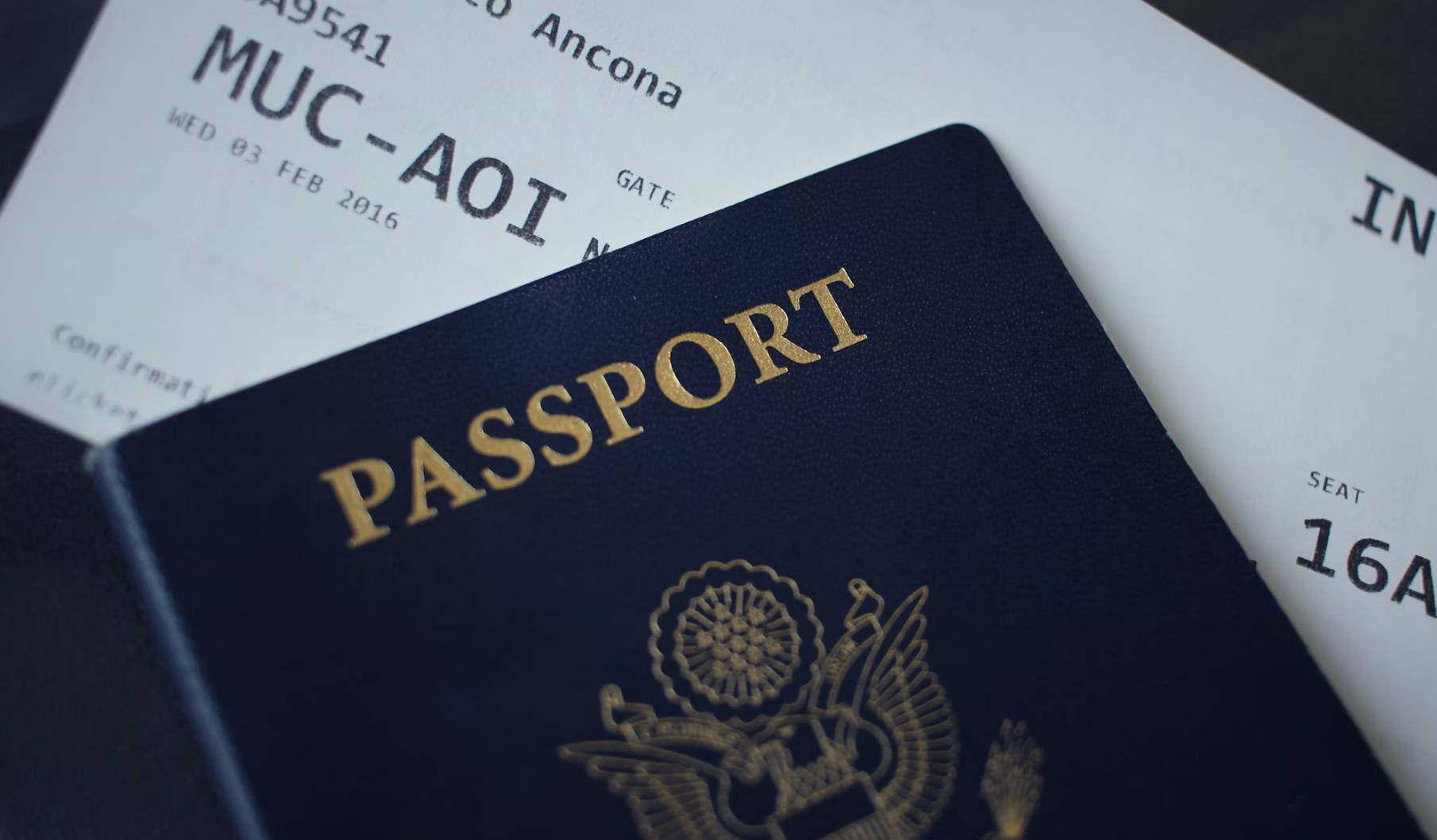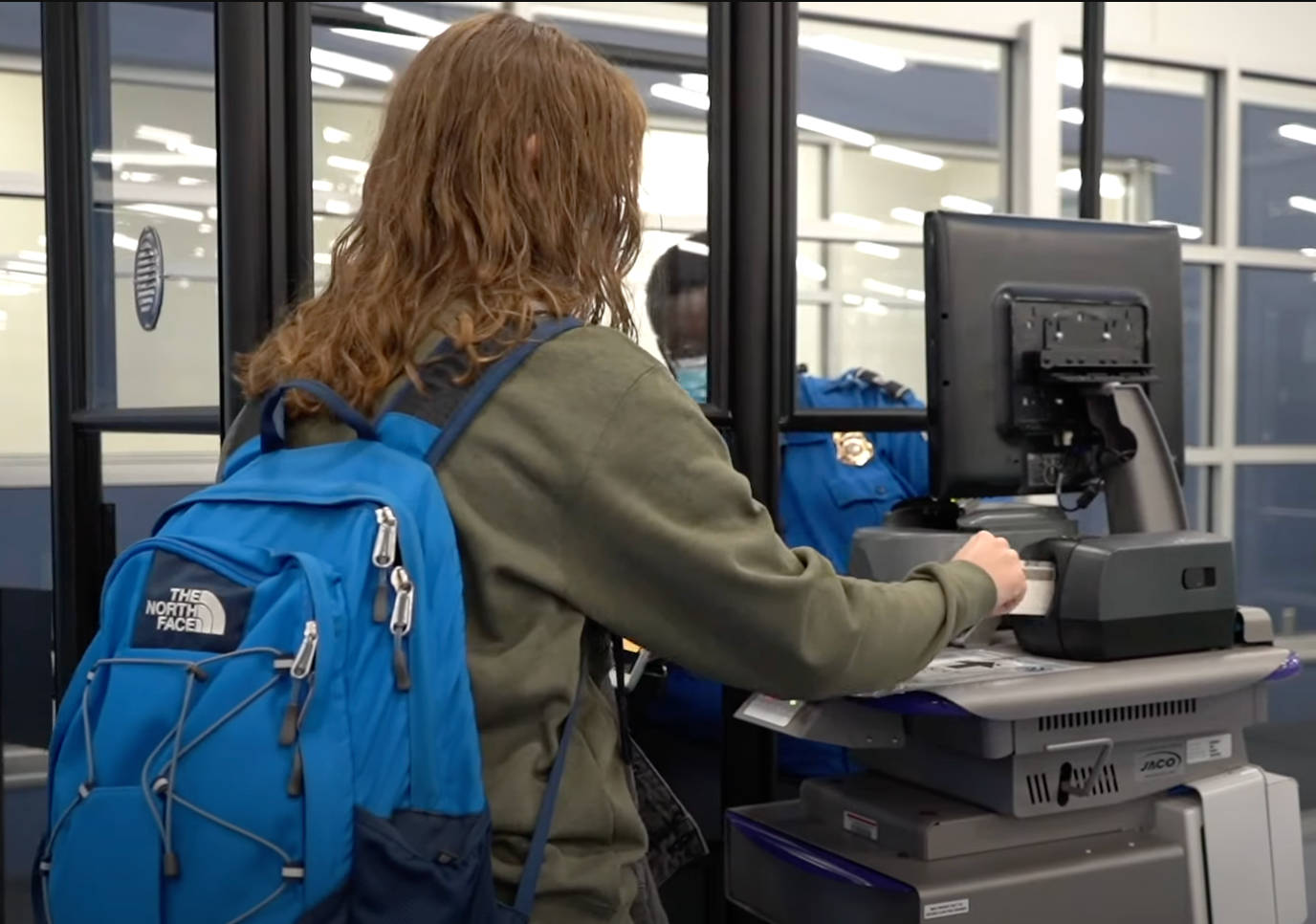Required Identification at U.S. Airports
At all airports operating in the US or its territories, you'll need to go through a strict identification process before boarding a flight. From my experience, if you don't have proper identification, the TSA security won't let you pass through.
But what exactly works as ID at U.S. security checkpoints? How many forms of identity do you need for the verification process at the airport? And what happens if you don't have one?
In this article, I'll discuss every possible detail regarding identification requirements to help speed you through the airport.
Identification for Adults
As an adult passenger who is 18 and older, you need to provide proof of identity before passing the security check and boarding the plane. For instance, if you're departing from a US airport like Logan Airport and forget your ID, you may not be allowed to board. In some cases, if allowed, the security officer may ask numerous questions to verify your identity. These questions can cover your address, workplace, marital status, and more. They might also require an extra screening of your luggage and electronic devices.
Accepted Documents for Airport Identification
Here's a list of accepted documents for identification when traveling from airports within the United States, according to the TSA:
- Driving licenses or other photo identity cards issued by the Department of Motor Vehicles (or equivalent)
- U.S. passport card
- U.S. passport
- U.S. Department of Defense ID, including IDs issued to dependents
- Permanent resident card
- Border crossing card
- State-issued Enhanced Driver’s License
- DHS trusted traveler cards (Global Entry, NEXUS, SENTRI, FAST)
- Federally recognized, tribal-issued photo ID
- HSPD-12 PIV card
- Foreign government-issued passport
- Canadian provincial driver's license or Indian and Northern Affairs Canada card
- Transportation worker identification credential
- U.S. Citizenship and Immigration Services Employment Authorization Card (I-766)
- U.S. Merchant Mariner Credential
- Veteran Health Identification Card (VHIC)
Regarding driver’s licenses, any valid license is acceptable, including out-of-state licenses. So yes, you can use your Florida license as Airport ID to fly from LAX, Denver airport, Las Vegas, or any other US airport.
VIDEO:Ever found yourself frustrated with TSA's security checks and wondered why all those rules exist? I used to feel the same way until I watched this enlightening video that explains the critical reasons behind TSA's ID requirements. It turns out, there's a lot more to it than just slowing us down. The video provides a clear and concise explanation about the importance of identity verification and how it ensures our safety. Trust me, after watching this, you'll appreciate the process a lot more. Check it out and see for yourself!
Note: All travelers 18 years and older will require a REAL ID-compliant driver’s license, state-issued enhanced driver’s license, or another allowed form of ID to travel by air within the United States.
Passport Process
Getting a US Passport can take up to six weeks to complete all the formalities and verification process. So, always plan ahead when traveling abroad and ensure your passport formalities get complete before the time.
Passport facilities can include your local post office, courthouse, and certain travel agencies or libraries. Also, you can inquire from the U.S. Department of State for an exact list of participating facilities near you.
For the passport process, you'll need more than one passport-sized photo, proof of your U.S. citizenship, and a valid photo identification card for verification.
Other Identity Options for Airport Identification
There are many other documents that can be valid for personal verification and are accepted at the airport. It's better to check that list as well. This ensures that you have everything necessary at the time of flight and for security checks. If you don't have acceptable documentation with you at the airport, you may have to go through the extra screening process, which can be embarrassing and possibly cause you to miss your flight.
Learn More: What is the Global Entry Program?
Airport Identification Requirements for Children
Children traveling with adults on domestic flights may not need a photo ID for identification. However, airlines may ask adults to show proof of their children's age, so it's always better to carry a birth certificate or any other age proof for your children while traveling.
Rules for children may vary by airline, so check with the airline you're traveling with. Children, even infants traveling internationally, must go through the same verification process as adults. This means if you're planning an international trip, even for a baby yet to be born, you'll need to make arrangements for a passport.
When a child travels as an unaccompanied minor, the adult dropping off and picking up the child at the airport will need to show identification. Additionally, the airline must be notified in advance with the contact details of the adult retrieving the child at the final destination.
While airlines may not specifically require children to travel with individual photo identification, it's always best to have photo ID created for your child before travel. If you don't have valid identification proof, you may still get through security but will be subject to a manual check. This means officers will take you to a different room for query and verification, potentially causing delays or missed flights.
Pets and Luggage
Every piece of baggage should be clearly marked with your name, a contact number (both from home and your destination, if possible), and the immediate destination of the baggage.
Pets Traveling as Cargo
When traveling with pets, whether as cargo or on board with you, ensure your pet is wearing a collar with identification details such as the pet's name, owner's name, contact details, and destination address.
FAQ: Required Identification at U.S. Airports
Find more help here for your journey through the airport



